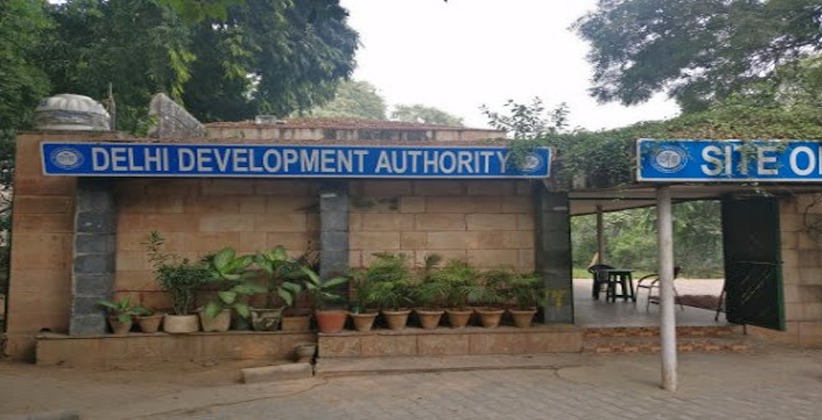As a relaxation measure in view of the COVID-19 pandemic, Delhi Development Authority decided to extend the time for payment of additional floor area ratio (FAR) and use conversion charges on reduced rates up to December 31, the officials said.
The land-owning agency, during a meeting chaired by lieutenant-governor Anil Baijal, has approved a proposal to expand the ground coverage of warehouses in integrated freight complexes and wholesale markets from 30% to 40% and the floor area ratio (FAR) from 80% to 100%. This has been done as the demand for warehouses has increased as most people now prefer to do their shopping online in view of social distancing norms to contain the spread of Covid-19.FAR is the ratio of a buildings total floor area to the size of the piece of land, upon which it is constructed.
The Delhi Development Authority (DDA) also proposed pliability in the land usage with higher FAR to encourage in-situ rehabilitation projects, officials said.
The policy provides for the minimum residential component of land area for the rehabilitation of squatters to be 60 percent and maximum for remunerative use to be 40 percent, the DDA stated.
The Authority has approved a proposal for issuing a public notice concerning proposed amendments which provide that the scheme should be designed in a composite manner on the residential component of the land with a maximum FAR of 400. The maximum FAR of 300 on the remunerative component of the land shall be applicable irrespective of land use, officials said.
Any use or a mix of uses shall be permitted as proposed by the developer entity within the overall FAR of 300, in the remunerative component as per MPD (Master Plan of Delhi) provisions.
Sale of 50 percent EWS flats of DDA quota in group housing projects was also proposed to be simplified to avoid double stamp duty, it said.
The DDA has now decided that the developer entity will be allowed to undertake the actual transfer of property to the EWS allottee, once approved by the DDA, the second official said.
Currently, the process of allotment of the EWS flats to the beneficiary involves levying of stamp duties at two levels i.e., one when DE sells to DDA and other when DDA allots to the beneficiary, the statement said.
As per the officials, the proposals shall be forwarded to Union Ministry of Housing and Urban Affairs for final notification under section 57 of the DD Act.
The burden of the dual stamp duty was getting transferred to the beneficiary and in the process, the cost of flat was rising, which was defeating the sole purpose of affordable housing, the second DDA official said.






